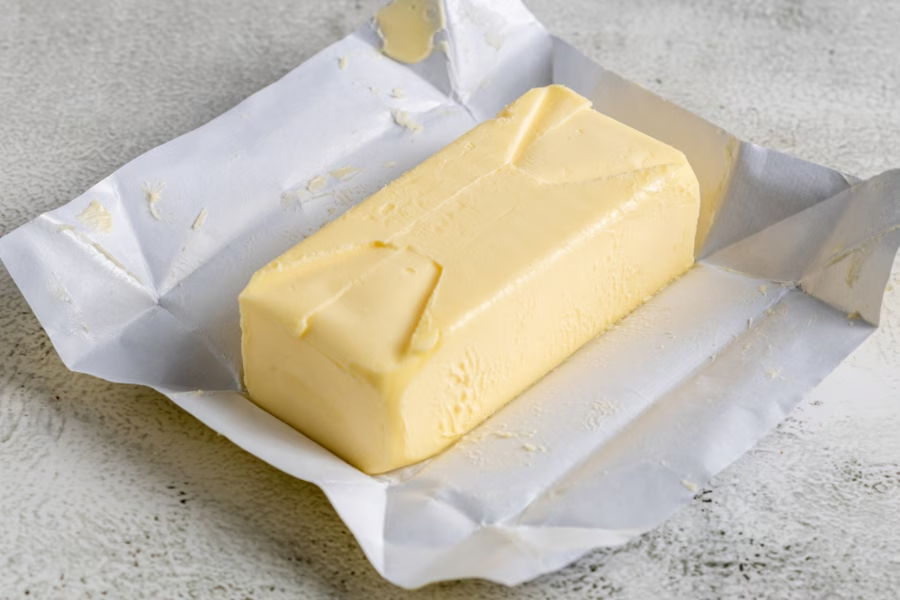A Spoonful of Butter? Why This Baby Sleep Trend Isn’t the Answer

Social media is packed with parenting hacks that promise quick fixes, but not all of them are safe or grounded in science. One recent trend gaining traction suggests giving babies a spoonful of butter before bed to help them sleep through the night. While this idea has gone viral on TikTok and Instagram, pediatricians and sleep experts are warning parents to steer clear.
If you’ve seen this tip pop up in your feed, here’s why it’s best avoided—and what you can do instead to help your baby sleep soundly.
Why Butter Before Bed Isn’t a Safe Solution
Although butter is a common kitchen staple, it’s far from a suitable sleep remedy for babies. Here’s why:
Nutritionally Unsuitable
Butter is rich in saturated fats but lacks the nutrients babies need for proper growth and development. A baby’s diet should be balanced and nourishing, not loaded with fats that provide minimal benefits.
Choking Risk
Even though butter is soft, a spoonful can still pose a choking hazard—especially for younger babies who are just starting solids. The American Academy of Pediatrics (AAP) recommends introducing age-appropriate foods in safe textures and portions to reduce this risk.
No Scientific Backing
There’s no evidence to suggest butter promotes better sleep. Quality sleep is influenced by routines, sleep habits, and circadian rhythms—not by adding fats to your baby’s diet.
Digestive Discomfort
Babies often have sensitive stomachs, and consuming a concentrated dose of fat before bedtime can trigger discomfort, gas, or diarrhea—none of which help encourage restful sleep.
What Actually Supports Better Sleep?
Instead of turning to social media fads, focus on proven methods that promote healthy sleep habits:
Establish a Calm Bedtime Routine
A predictable sequence of soothing activities—like a warm bath, a gentle massage, or a bedtime story—can signal to your baby that sleep is approaching.
Create a Sleep-Friendly Environment
A dark, cool, and quiet room helps babies sleep more soundly. Blackout curtains, a cozy sleep sack, and white noise (at a safe volume) can enhance their sleep environment.
Encourage Self-Soothing
Helping your baby develop the ability to settle themselves can reduce night wakings. This doesn’t mean leaving them to cry alone, but rather teaching them to fall back asleep with gentle guidance.
Follow Age-Appropriate Wake Windows
Watching for signs of tiredness—like eye rubbing, yawning, or fussiness—and putting your baby down before they become overtired can improve their ability to stay asleep.
Ensure Adequate Daytime Feeding
If your baby frequently wakes due to hunger, adjusting their daytime feeds to ensure they’re getting enough calories can make a big difference. Adding extra fats before bed, however, is unlikely to help.
Science Over Trends
It’s understandable to want quick solutions when your baby isn’t sleeping well, but viral social media hacks aren’t always safe—or effective. Butter before bed isn’t the magic fix it’s claimed to be, and may cause more harm than good.
Instead, sticking to evidence-based strategies will help your baby develop healthy, lasting sleep habits. If you’re feeling stuck, connecting with a certified sleep consultant can provide tailored support to improve your little one’s rest.
Good sleep is achievable—and you don’t need a spoonful of butter to get there.
Sleep well!
Sara




